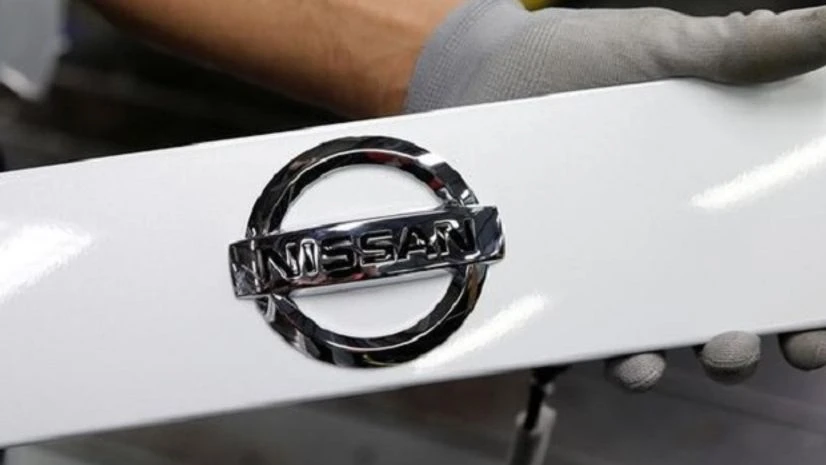Japanese automaker Nissan Motor Co is willing to partner with the Indian government in its push for electric vehicles in the country, Executive Vice-President Daniele Schillaci has said.
Schillaci, Executive V-P, global marketing and sales, said Nissan is already working on a long-term plan for India, which will be unveiled soon.
As part of the broader process, the Japanese automobile major launched its new Leaf electric vehicle (EV) on September 6, which will go on sale in Japan from October 2 and in Canada and the US from January next year.
More From This Section
"... We have a large experience (in electric vehicle technology), we can share our experiences with local authorities in India," Schillaci added.
He termed it as "totally logical" for the company to launch the Leaf in other markets as well. However, he did not specify by when Nissan could bring the Leaf to India.
"We are working on a long-term plan for India, it will be unveiled soon... We have also heard requests from our team... to study seriously the e-POWER strategy for India," Schillaci replied when asked about the strategy for India with regard to electric vehicles.
He, however, did not elaborate.
He pointed out that according to Nissan's estimate, by 2025, the cost of traditional engine car and electric vehicle car will be almost the same.
"2025 will be the tipping point, and probably after that, the growth of sales of electric vehicles will be strong," the top executive predicted.
He hailed the government's incentives as "a good way" to accelerate acceptance of electric vehicles in the market.
Schillaci's remarks come at a time when Union Transport Minister Nitin Gadkari has asked automobile manufacturers in the country to go for eco-friendly alternative fuels, else he would "bulldoze" them.
"We should move towards alternative fuel... I am going to do this, whether you like it or not. And I am not going to ask you. I will bulldoze it. For pollution, for imports, my ideas are crystal clear... The government has a crystal-clear policy to reduce imports and curb pollution," Gadkari had said.
Noting that electric cars, buses, taxis are the future and India should move forward in this direction, the minister had also said a Cabinet note on electric vehicles was ready that would take care of charging stations.
Government think-tank Niti Aayog also in a recent report had estimated that accelerated adoption of electric and shared vehicles could save $60 billion in diesel and petrol costs by 2030.
Niti Aayog CEO Amitabh Kant had noted before that electric vehicles (EVs) in India are inevitable.
"The challenge is how we do it quickly. How do we do it to scale and size?" he had wondered.
According to Piyush Goyal, who held power portfolio till recently, India aims to become 100 per cent e-vehicle nation by 2030.
According to a company statement, Nissan's new Leaf electric car can run nearly 400 km on a single charge by Japanese standards, which is 40 per cent higher than the previous Leaf model.
The new Leaf sets "a new standard" in the growing market for mainstream electric cars by offering customers greater range, advanced technologies and a dynamic new design, the statement added.
The Japanese automaker had launched the first Leaf electric car in 2010 and has sold 3,00,000 units.

)
